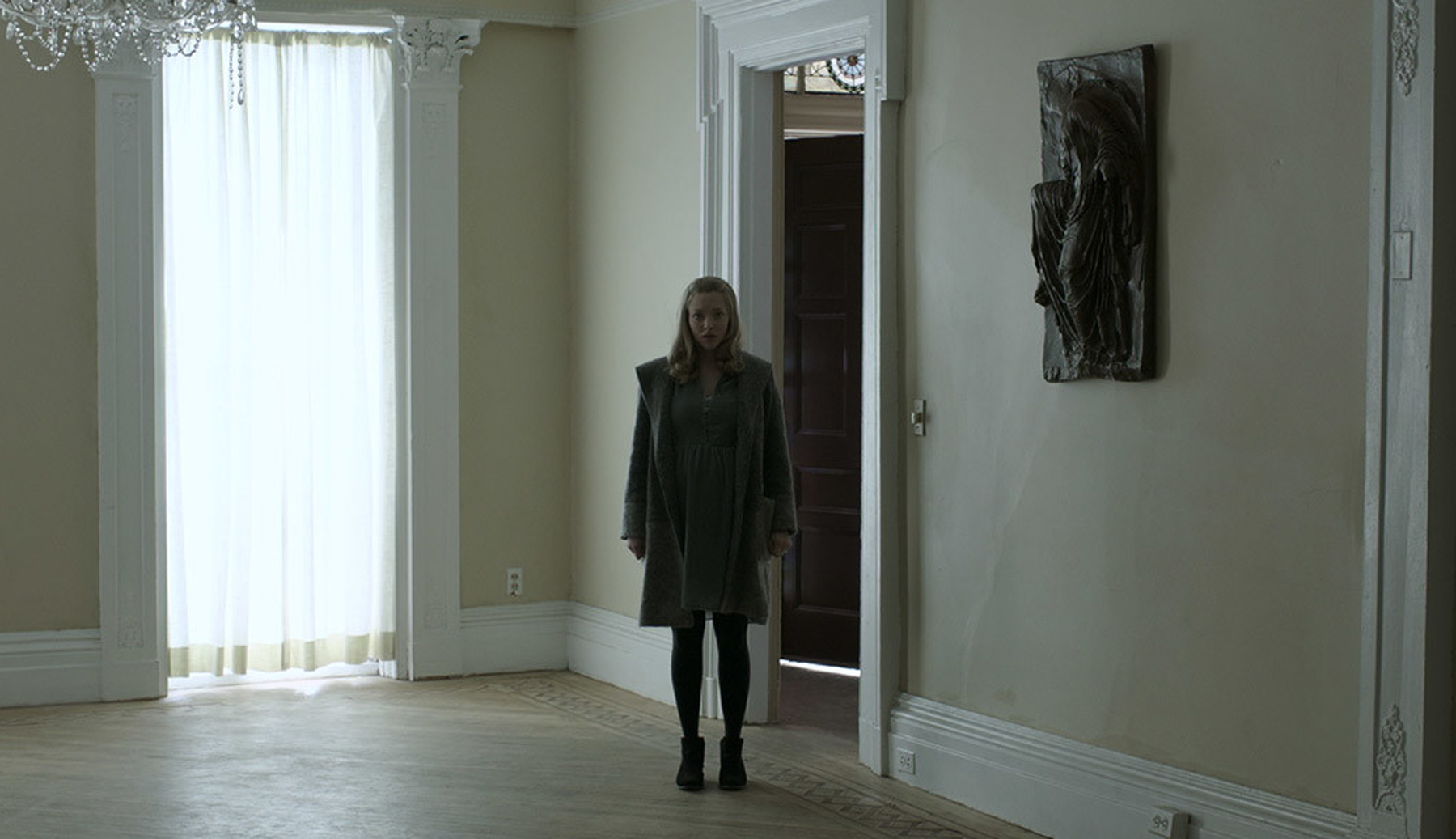
- Festivals
Venice: Paul Schrader Premieres ‘First Reformed’
Paul Schrader’s singular path to becoming one of American cinema’s enduring original voices was unusual to say the least. The writer or co-writer of films like Taxi Driver, Raging Bull (both screenplays were nominated for Golden Globes) and the Last Temptation of Christ and director of American Gigolo, Cat People and Auto Focus, he had never seen a film before the age of seventeen, being more occupied by a strict Calvinist upbringing and college studies with a minor in theology. Yet he would go on to become a cinephile and film critic and before he was 30 he had authored an early draft of Close Encounters of the Third Kind. Part of the Scorsese and Spielberg generation of new Hollywood authors, he has been too uncompromising perhaps to achieve wide commercial success while regularly garnering critical accolades at international festivals. He is no stranger to Venice, having been here most recently four years ago with the controversial The Canyons.
This year on the Lido he is premiering First Reformed, a film that may be the most directly influenced by his upbringing (the church he attended in his youth was the Calvinist Christian Reformed). The film’s protagonist is the pastor at an old Protestant New England parish whose historical significance belies its dwindling congregation and which has become a subsidiary to a modern megachurch. As the story begins father Toller (Ethan Hawke) begins to write a yearlong diary whose entries outline the narrative. It is a painful process as the priest is pained by his past, which is inducing his crisis of faith. He is called to counsel an environmental activist whose desperation in the face of the global climate crisis leads him to commit a desperate act. The relationship he develops subsequently with his wife (Amanda Seyfried) pulls him closer to the environmental cause and causes him to question the church’s responsibility in matters of social justice and its very earthly compromises with unethical corporations.
In his movies Schrader has always been attracted to underlying themes of existential malaise. Here he directly confronts religion and spiritual crisis. The focus is not so much political but an interior, even starkly theological examination of personal responsibility, ethics, faith and hope. A reflexive film that feels like a deeply personal exploration and which demands an almost ascetic commitment from the viewer.

